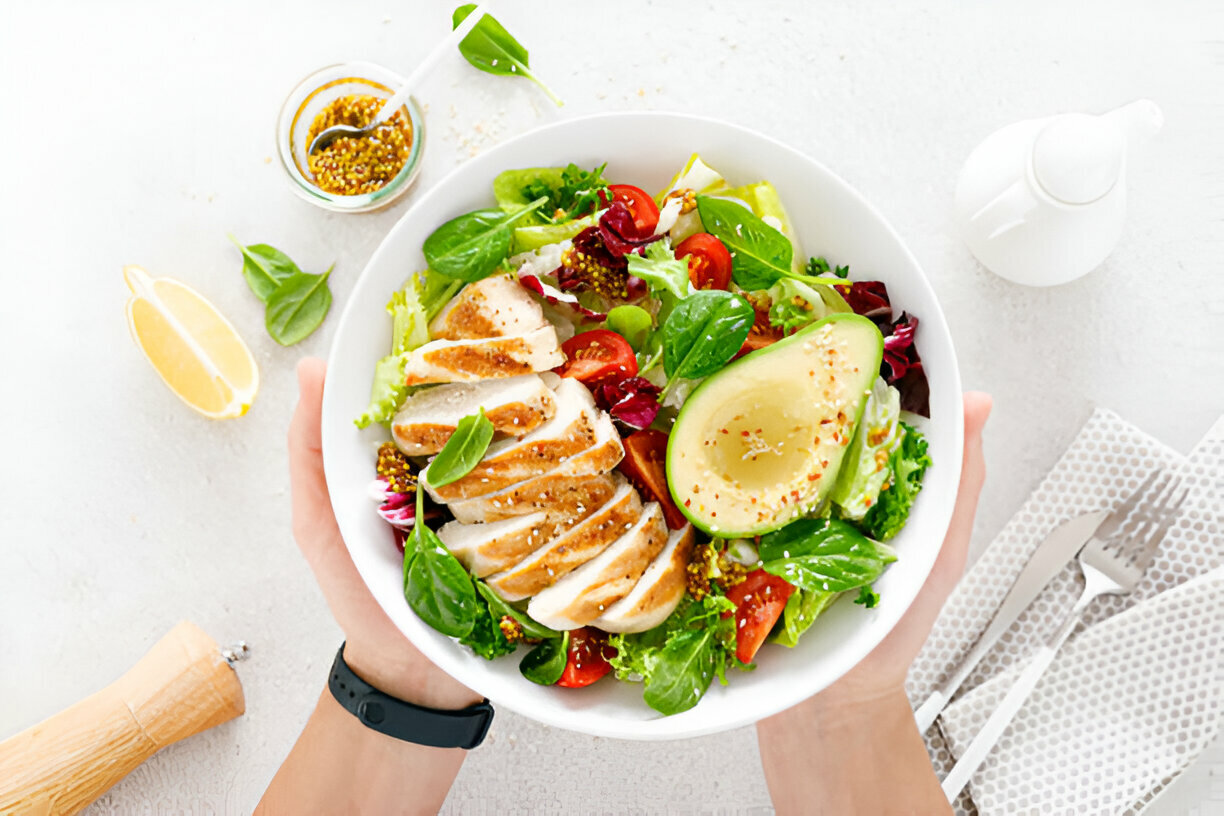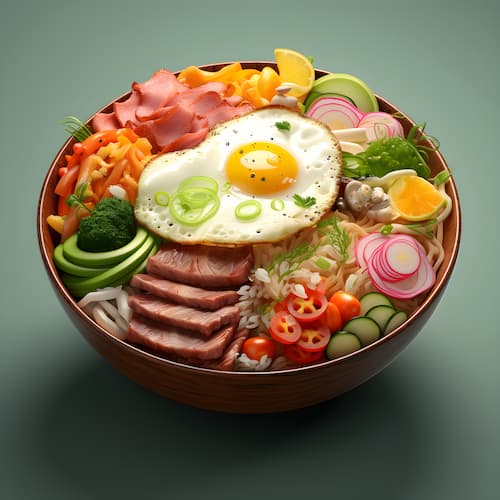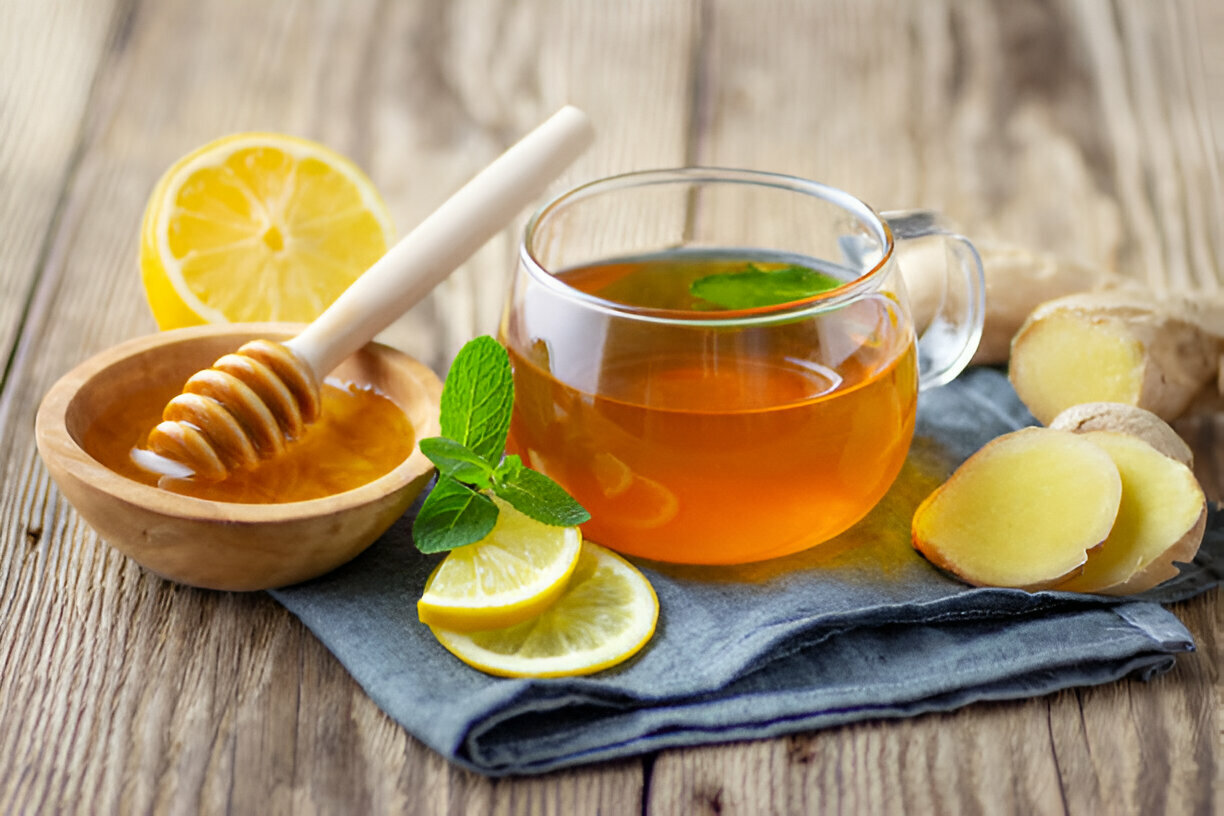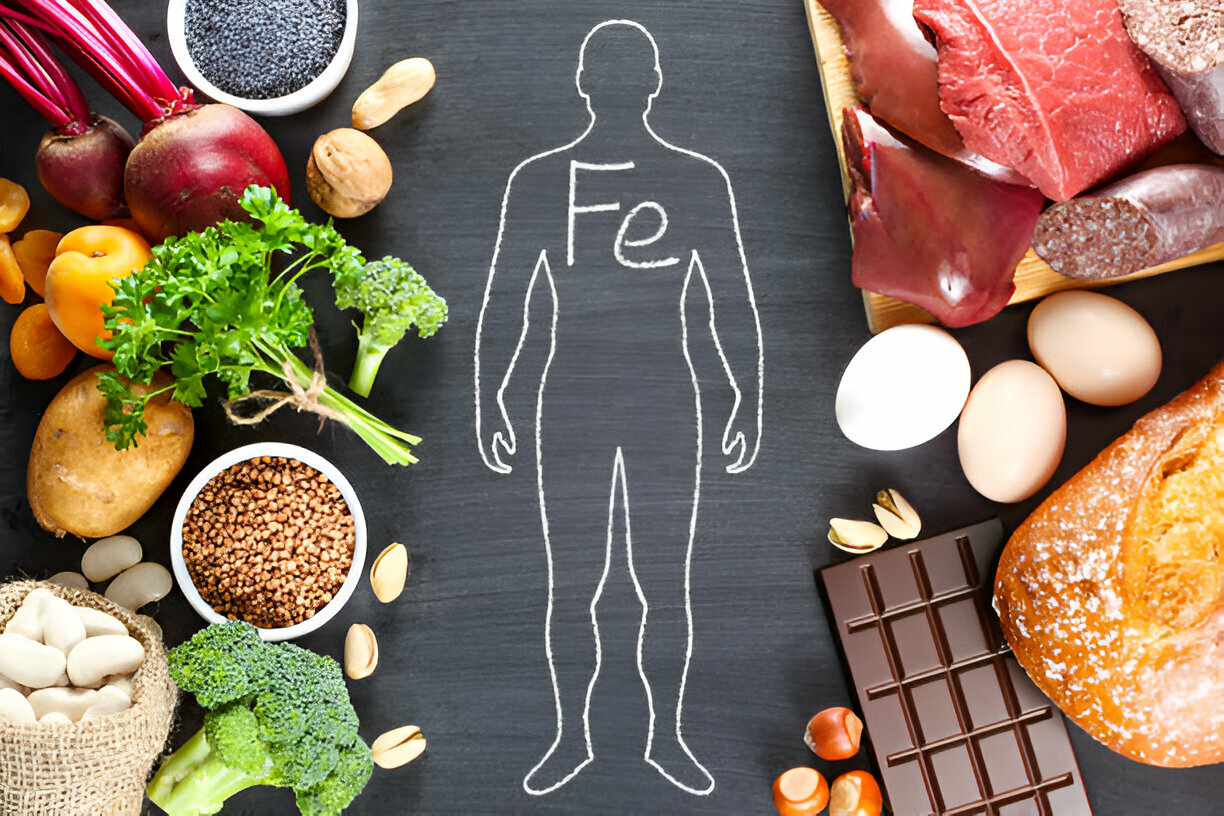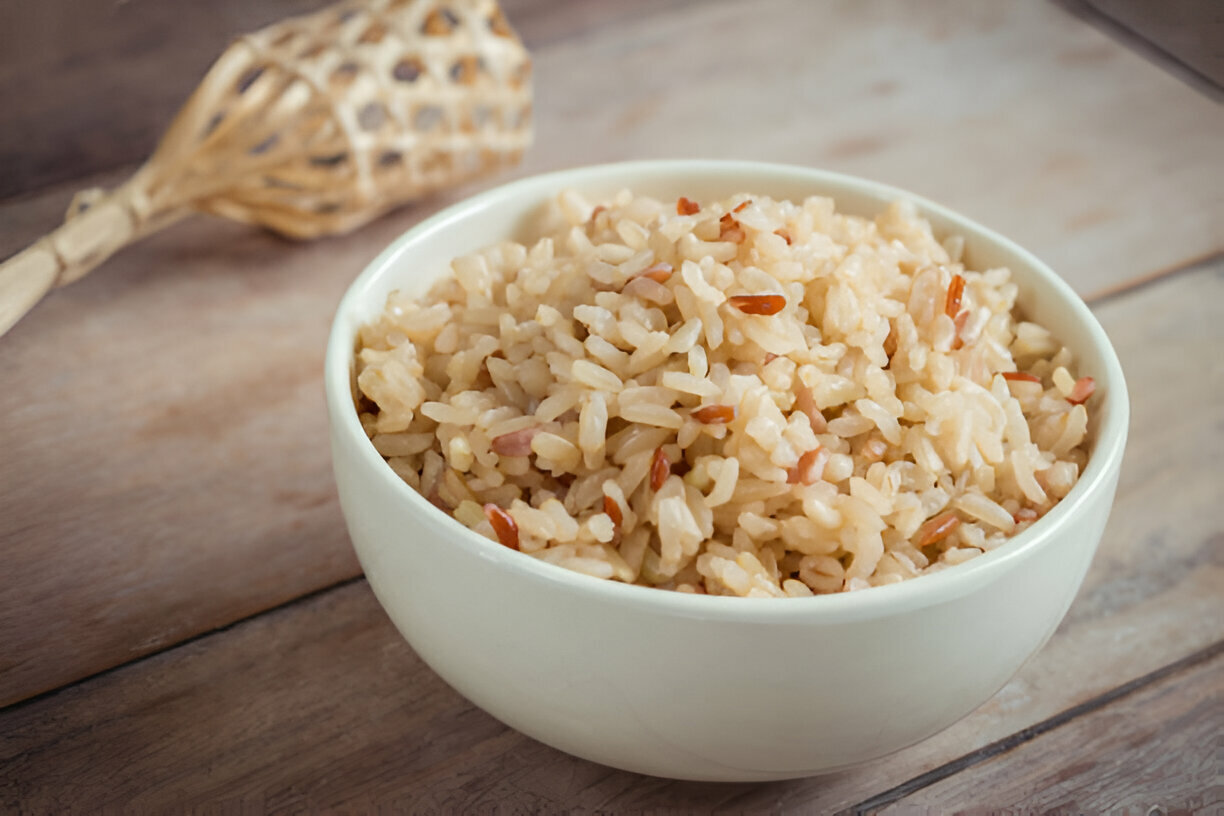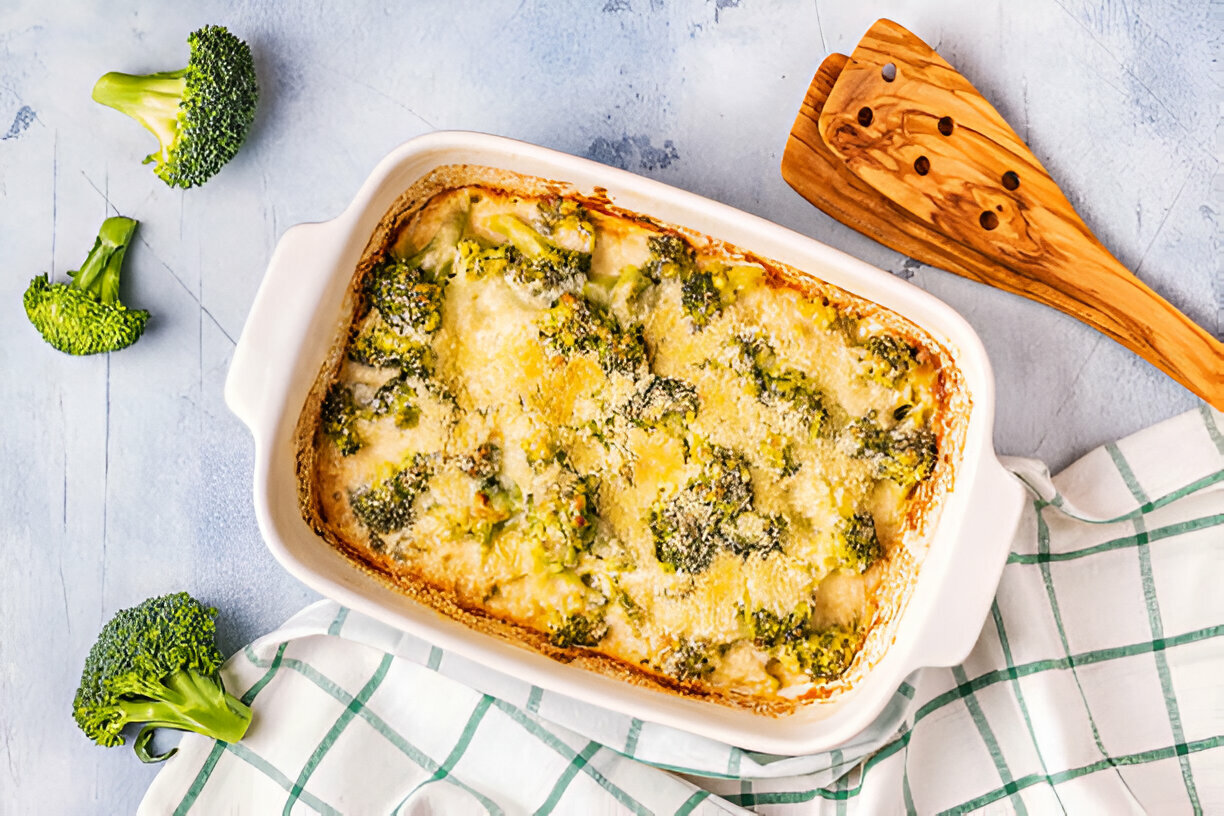When I first considered switching to a low carb diet, I was excited about the potential health benefits—weight loss, better blood sugar control, and improved energy levels. But as a vegetarian, I couldn’t help but wonder: Can a low carb diet really work for someone like me? After all, many low carb diets rely heavily on meat, fish, and eggs, which left me questioning how I could make it work without compromising my vegetarian lifestyle. Over time, I discovered that it’s not only possible but also incredibly rewarding. Here’s my story and what I’ve learned along the way.
My Journey into Low Carb Vegetarianism

I’ve been a vegetarian for over a decade, and my diet has always revolved around staples like grains, legumes, and starchy vegetables. When I first heard about low carb diets, I was skeptical. How could I possibly cut back on carbs without feeling deprived or malnourished? But after doing some research and experimenting in the kitchen, I realized that a low carb vegetarian diet isn’t about restriction—it’s about making smarter, more intentional food choices.
The key for me was focusing on nutrient-dense, low carb foods that aligned with my vegetarian values. Instead of relying on bread, pasta, and rice, I started incorporating more non-starchy vegetables, healthy fats, and plant-based proteins into my meals. Think avocado, spinach, zucchini, tofu, tempeh, nuts, seeds, and full-fat dairy (if you’re lacto-vegetarian). It took some trial and error, but I eventually found a balance that worked for me.
The Benefits I Experienced
One of the most surprising things about adopting a low carb vegetarian diet was how much better I felt. Here are some of the benefits I noticed:
Steady Energy Levels: Without the constant blood sugar spikes and crashes from high-carb meals, I felt more energized throughout the day.
Improved Digestion: Cutting back on refined carbs and increasing my intake of fiber-rich vegetables helped improve my gut health.
Weight Management: I found it easier to maintain a healthy weight without feeling hungry or deprived.
Mental Clarity: Many people on low carb diets report improved focus, and I experienced this firsthand. My mind felt sharper, and I was more productive.
Challenges I Faced (and How I Overcame Them)

Of course, transitioning to a low carb vegetarian diet wasn’t without its challenges. Here are a few hurdles I encountered and how I tackled them:
Finding Low Carb Protein Sources: As a vegetarian, I relied heavily on beans and lentils for protein, but these are relatively high in carbs. To address this, I started incorporating more tofu, tempeh, seitan, and plant-based protein powders into my diet.
Meal Planning: At first, I struggled to come up with satisfying low carb vegetarian meals. Over time, I developed a repertoire of go-to recipes, like cauliflower fried rice, zucchini noodles with pesto, and stuffed bell peppers.
Social Situations: Dining out or attending social gatherings could be tricky, but I learned to plan ahead by checking menus or bringing my own low carb dishes to share.
Tips for Success
If you’re a vegetarian considering a low carb diet, here are some tips that helped me along the way:
Focus on Whole Foods: Stick to minimally processed, nutrient-dense foods like vegetables, nuts, seeds, and plant-based proteins.
Experiment with Substitutes: Explore low carb alternatives to your favorite high-carb foods, such as cauliflower rice, almond flour, or coconut wraps.
Track Your Macros: Use a food tracking app to ensure you’re getting enough protein and healthy fats while staying within your carb limit.
Don’t Fear Fat: Healthy fats like avocado, olive oil, and nuts are your friends on a low carb diet. They help keep you full and satisfied.
Be Patient: It takes time to adjust to a new way of eating, so give yourself grace and focus on progress, not perfection.
Frequently Asked Questions (FAQs)

1. Can vegetarians get enough protein on a low carb diet?
Absolutely! While some traditional vegetarian protein sources like beans and lentils are higher in carbs, there are plenty of low carb options available. Tofu, tempeh, seitan, nuts, seeds, and plant-based protein powders are all excellent sources of protein that fit within a low carb framework.
2. Won’t I miss out on essential nutrients by cutting carbs?
Not if you plan your meals carefully. A well-balanced low carb vegetarian diet can provide all the essential nutrients your body needs. Focus on incorporating a variety of non-starchy vegetables, healthy fats, and plant-based proteins to ensure you’re meeting your nutritional needs.
3. Is a low carb vegetarian diet sustainable long-term?
Yes, it can be! Like any diet, sustainability depends on finding a balance that works for you. By focusing on whole, nutrient-dense foods and experimenting with new recipes, you can create a low carb vegetarian lifestyle that’s both enjoyable and sustainable.
Final Thoughts
Switching to a low carb vegetarian diet has been one of the best decisions I’ve made for my health. It’s taught me to be more mindful about the foods I eat and to appreciate the incredible variety of plant-based options available. While it may require some extra effort and creativity, I’ve found that a low carb vegetarian diet can be not only healthy but also delicious and satisfying.
If you’re a vegetarian considering a low carb lifestyle, I encourage you to give it a try. Start small, experiment with new foods, and listen to your body. With a little planning and perseverance, you might just discover a whole new way of eating that works for you.
Latest Blog
Best Keto Recipes, Easy Low-Carb Meals, Snacks & Desserts
Welcome to Your Ketosis Trip!Beginning the ketogenic diet might first seem too much. You might be wondering, "what can i really eat?" or "will I be stuck eating salads daily?" Relax : the keto diet need not to be tedious or difficult. Actually, with a few basics and some innovative recipes, you can have delectable, filling meals that help you stay on track. From comforting breakfasts to delicious dinners, quick snacks and gu...
Amino Acids Benefits in Skincare, Haircare and Muscle Growth
Amino Acids play important roles in promoting the health of skincare, haircare and muscle buildup by aiding in repair, growth, hydration and many more factors to your overall health. They often touted for everything, from boosting metabolism and supporting mood to improve skin collagen and muscle growth. But what amino acids really are, and do we get enough of them from food alo...
Can High Carb Vegetables Fit into a Healthy Diet for Women?
When you think about healthy eating, the term "high carb" might not be the first thing that comes to mind. In fact, you might associate high-carb foods with weight gain or unhealthy eating habits. But what if we told you that high-carb vegetables can actually be a valuable part of a balanced diet, especially for women? Yes, you read that right! High-carb vegetables like sweet potatoes, corn, and peas can offer a wealth of nutrients that suppor...

